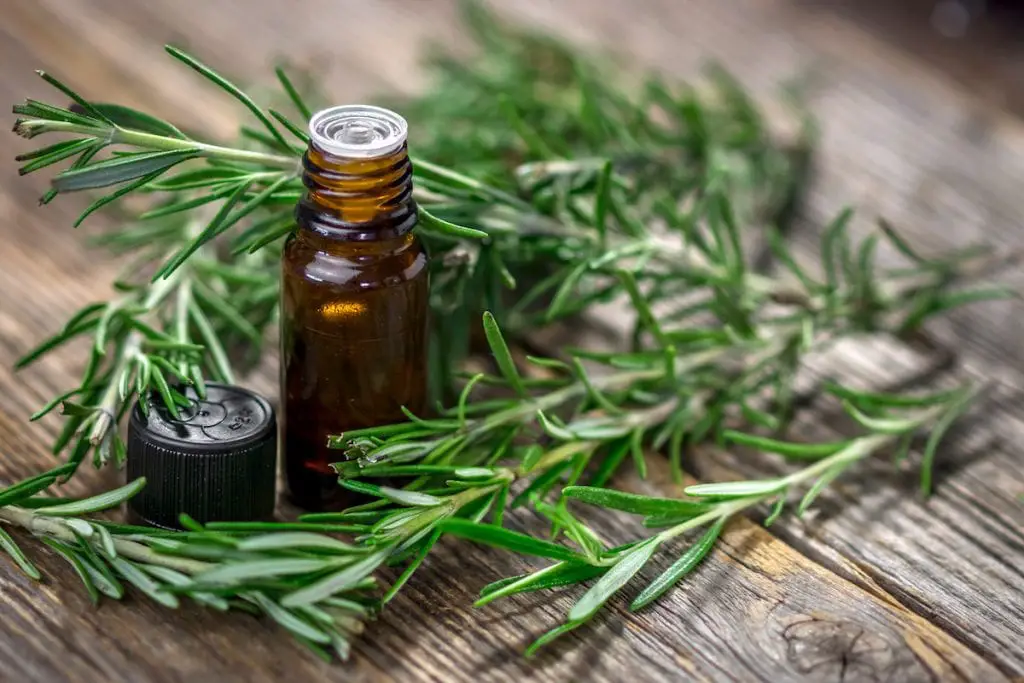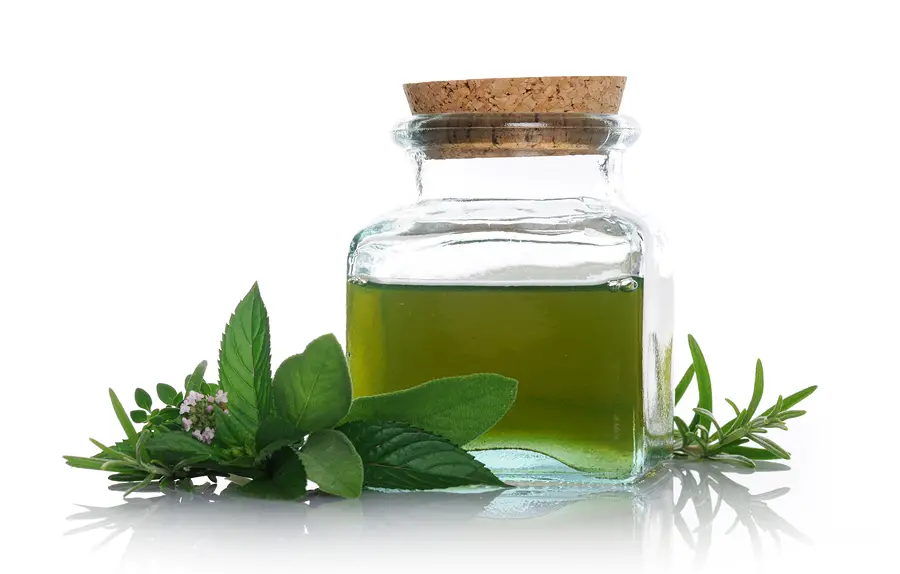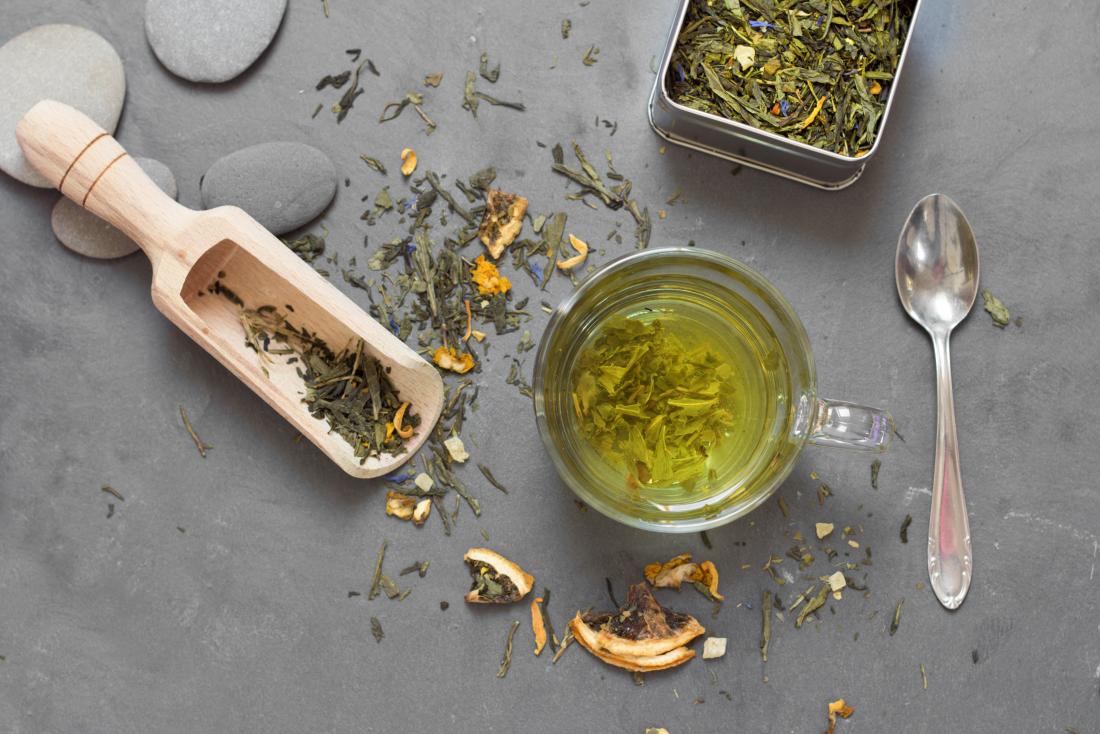Rosehip oil is derived from the fruits and seeds of rosa rubignosa, or Rosa canina rose bush. The plants grow in various areas in the worlds, including South Africa and Europe.
Every rose produces rosehip. But certain types such as Rosa canina or rosa rubignosa is better to get the rosehip oil.
Rosehip oil is quite beneficial for health and beauty. It’s because this oil is rich in nourishing vitamins and fatty acids. But rosehip oil is particularly popular for hair when it comes to naturally repair damaged hair, nourish dull hair, and promote hair growth.
Continue reading to learn about the uses and benefits of rosehip oil for hair.
Properties of Rosehip Oil

Rosehip oil is rich in vitamin C, A, and E. It also contains vitamin F, a fatty acid consists of linoleic acid and alpha-linoleic acid.
Research published in 2017 shows the therapeutic application of rosehip oil. It says the oil has antioxidant and healthy fatty acids that help to treat different health problems, skin disorders, and hair problems. [1]
Another study published in 2018 also confirms the presence of healthy phytochemicals, fatty acids, and antioxidants. [2]
The fatty acids rosehip oil contains are oleic acid, palmitic acid, linoleic acid, and gamma-linolenic acid.
These fatty acids and vitamins help rosehip oil to nourish and strengthen the hair.
Benefits of Rosehip Oil for Hair
Here are some potential benefits that rosehip oil may provide to your hair and scalp:
1. Rosehip Oil Hydrates Scalp.
The fatty acids present in rosehip oil makes it particularly good for dry scalp. It can moisturize and hydrate your dry scalp, making your hair soft.
The best part is, rosehip oil is not greasy and can penetrate deeply to the skin. It can reduce dandruff and flakiness due to dryness.
Rosehip oil is rich in anti-inflammatory properties. It can soothe the itchy, dry, and irritated scalp.
2. It Can Restore Damaged Hair.
Excessive use of straighteners, curling tongs, and blow dryers can cause brittle and damaged hair.
Rosehip oil is rich in antioxidants and moisturizing properties. It can nourish your damaged hair and repair it.
A study published in 2017 shows the anti-inflammatory and antioxidant effects of rosehip oil on the skin. [3]
Due to these therapeutic properties, rosehip oil can treat any damage to your scalp caused by hair styling products.
3. Rosehip Oil Can Boost Hair Growth.
You may suffer from hair thinning and hair loss because of using hair styling products, as well as certain environmental issues. Pollution and dust can damage hair follicles, causing hair loss.
The antioxidants and fatty acids in rosehip oil can assist in hair growth. The antioxidant can fight free radicals while fatty acids promote elasticity in your hair.
Regular use of rosehip oil can repair your damaged hair follicles and reduce hair fall.
How to Use Rosehip Oil for Hair
Rosehip oil is quite easy to use. You can mix it with other hair oil, use it as a conditioner or mix it with shampoo.
- Massage your scalp with rosehip oil, spreading it through the lengths. Leave it for about 20 minutes. Wash it off with a mild shampoo.
- Mix rosehip oil with coconut oil and warm it up a bit. Massage your scalp with this oil mix. Wait for 30-45 minutes and wash it off.
- You can also add 2-3 drops of rosehip oil to your shampoo or conditioner to get silky and lustrous hair.
Side Effects of Rosehip Oil
Rosehip oil is usually safe, but it has some side effects that can be mild to severe based on how you use it.
Here are some potential side effects of rosehip oil:
Allergy:
Rosehip oil may cause allergy to some people. You may have severe irritation, rash, difficulty breathing, congestion, watery eyes, dizziness, and chest discomfort if the oil doesn’t suit you.
Bleeding Disorders:
Rosehip oil contains a chemical name rugosin E. This chemical can increase the risk of bleeding by slowing down blood clotting. It’s highly recommended not to use this oil after surgery.
Kidney Stones:
Rosehip oil contains a large amount of vitamin C. So, there is a possibility that excessive use of this oil will cause kidney stones. If you have any kidney disease, do not use this oil.
Risk for Diabetes Patient:
A large amount of vitamin C in rosehip oil may affect diabetes control. It is not an established concern. But you must consult with a doctor before using this oil if you have diabetes.
Conclusion
Rosehip oil is a nourishing, natural oil that has a long history as a beauty product. It is rich in antioxidants, vitamins, and fatty acids that make it a great hair oil.
But you must use this oil moderately as there are possible side effects.
There is not enough information about its potential risk during pregnancy. But, you must avoid using rosehip oil during this period.
Considering the adverse effects of chemical-infused hair care products around you, you can use rosehip oil to get soft and healthy hair naturally.






